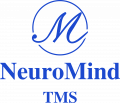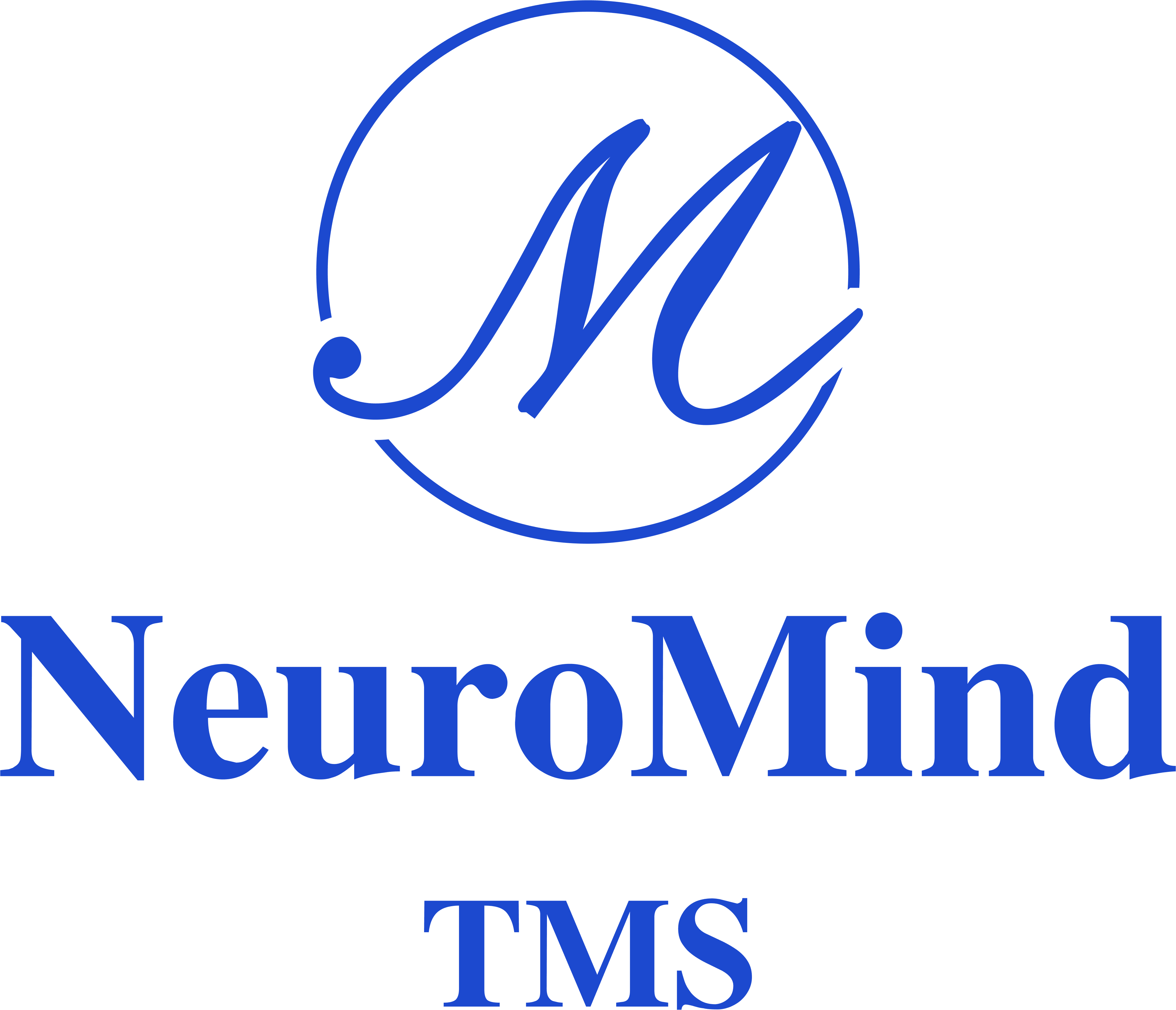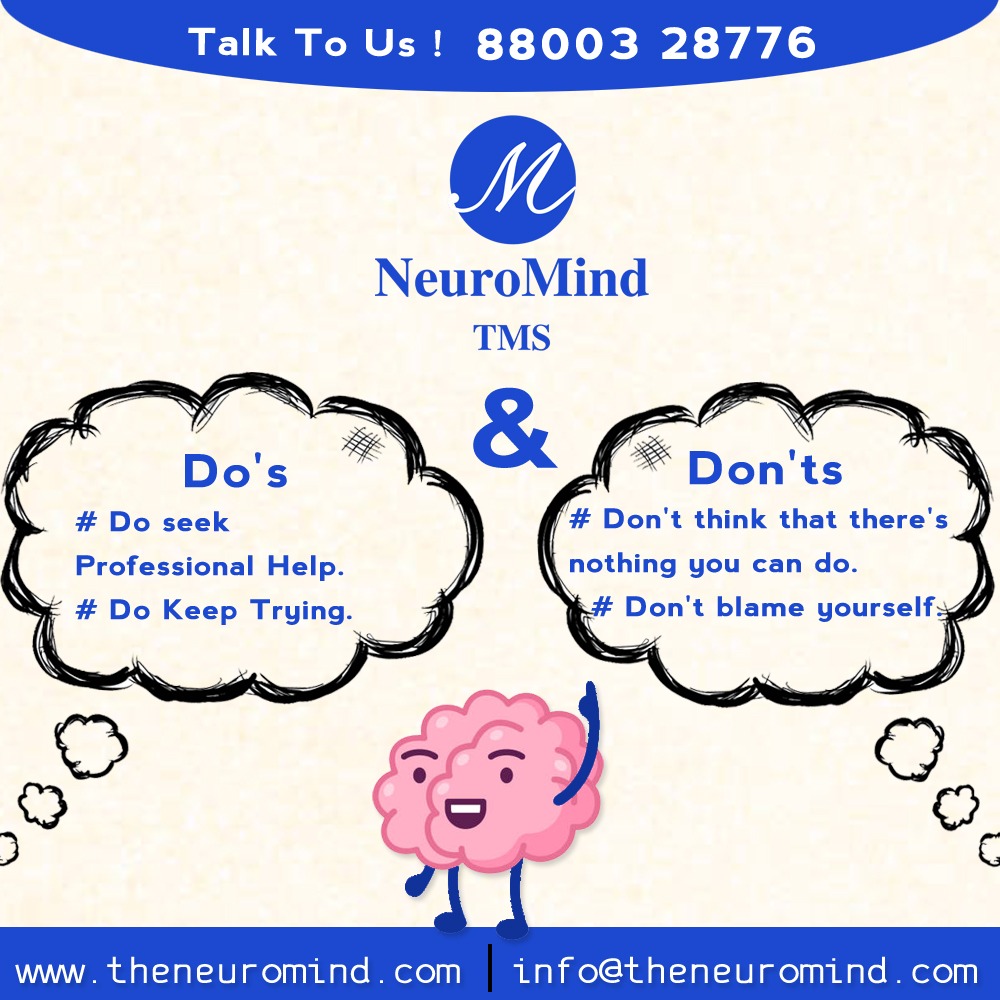Head Injury Treatment by NeuroMind TMS
Transcranial magnetic stimulation (TMS) is a non-invasive brain stimulation technique that uses magnetic fields to stimulate nerve cells in the brain. TMS has been studied as a potential treatment for a variety of conditions, including traumatic brain injury (TBI).
TMS for TBI treatment typically involves the following steps:
- The patient will be fitted with a helmet that contains a coil. The coil will be placed over the area of the brain that was affected by the TBI.
- The doctor will then use a computer to control the intensity and duration of the magnetic pulses.
- The patient will feel a tapping sensation on the scalp during the procedure. This is caused by the magnetic pulses stimulating the nerve cells in the brain.
- The treatment typically lasts for about 30 minutes.
- The patient may experience some mild side effects after the procedure, such as headache or scalp discomfort. These side effects are usually short-lived.
The specific benefits of TMS for TBI treatment vary from person to person. However, some of the potential benefits include:
- Improved motor function: TMS can help to improve motor function in people with TBI by stimulating the brain’s motor cortex. This can help to reduce muscle weakness and improve coordination.
- Improved cognitive function: TMS can also help to improve cognitive function in people with TBI by stimulating the brain’s cognitive areas. This can help to improve memory, attention, and language skills.
- Reduced fatigue: TMS can also help to reduce fatigue in people with TBI. This can make it easier for patients to participate in activities and therapies.
- Improved quality of life: TMS can also help to improve the quality of life for people with TBI by reducing depression and anxiety.
It is important to note that TMS is not a cure for TBI. However, it may be able to help improve cognitive function and quality of life for some people with the injury. More research is needed to determine the long-term effectiveness of TMS for TBI treatment.
Here are some of the potential risks of TMS for TBI treatment:
- Headache: This is the most common side effect of TMS. It is usually mild and goes away on its own.
- Scalp discomfort: This is another common side effect of TMS. It is usually mild and goes away on its own.
- Nausea: This is a less common side effect of TMS. It usually goes away on its own.
- Seizure: This is a rare side effect of TMS. It is more likely to occur in people who have a history of seizures.

With access to
24 Hour
Appointment
Assistance
Our 24-hour appointment is available for everyone whenever urgent situations arise. Get essential care even during evenings, weekends, holidays, or other non-standard times.




